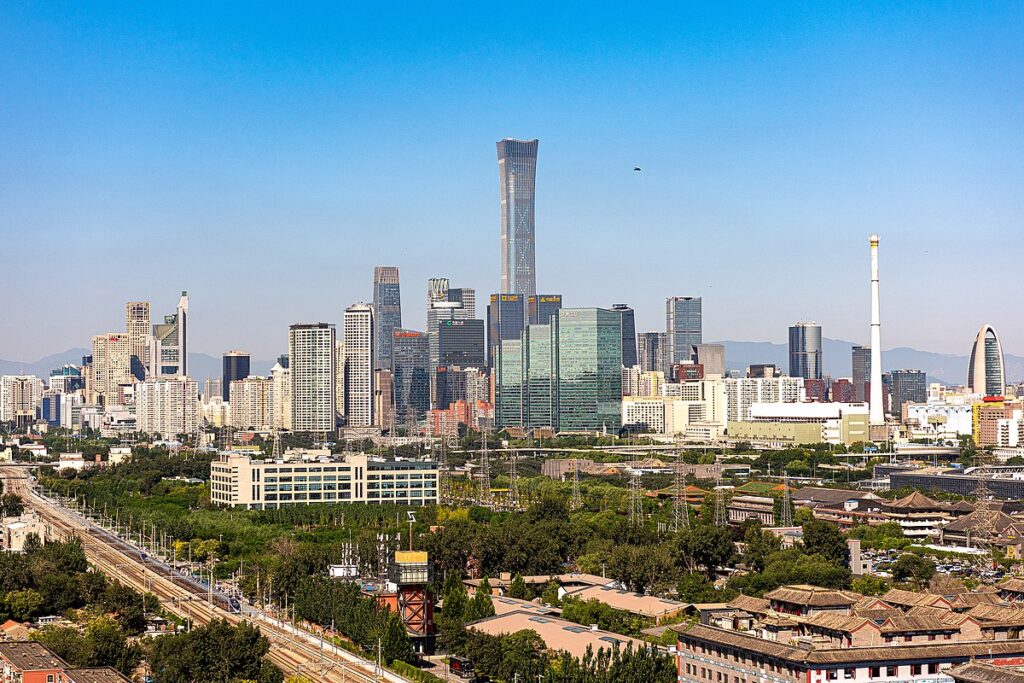China has issued a stern warning to countries contemplating trade agreements with the United States that could undermine Beijing’s economic interests, asserting its readiness to implement countermeasures. This declaration follows the US imposition of tariffs reaching up to 145% on Chinese imports, to which China has responded with 125% duties on American goods.
The Chinese Ministry of Commerce expressed strong opposition to what it perceives as the United States’ unilateral tariff increases, labeling them as violations of World Trade Organization rules. The Ministry emphasized that such actions not only fail to resolve the US’s own economic issues but also disrupt normal economic and trade cooperation between the two nations.
In a recent statement, China’s Ambassador to the US, Xie Feng, called for an end to the escalating trade war, highlighting the detrimental effects of tariffs on the global economy. He likened the current situation to the 1930 US tariffs that contributed to the Great Depression, advocating for a balanced and harmonious approach to bilateral relations. Despite these appeals, Xie warned that China is prepared to retaliate against any country imposing tariffs that harm its interests.
The trade tensions have already begun to impact various industries. For instance, Boeing has started redirecting aircraft originally intended for Chinese airlines back to the US, reflecting the challenges posed by the new tariffs. Flight tracking data indicates that a second Boeing 737 MAX aircraft is en route to Guam, a typical stop on the trans-Pacific journey to Boeing’s production hub in Seattle. This follows a similar return of another 737 MAX, painted for Xiamen Airlines, which landed in Seattle the previous day. These developments underscore the growing disruption in the aerospace industry, previously shielded by duty-free agreements.
China’s response extends beyond tariffs. The government has announced export controls on several critical minerals essential for high-tech production, including tungsten, tellurium, bismuth, molybdenum, and indium. These measures, effective immediately, aim to safeguard China’s economic interests and national security. Additionally, China has initiated an antitrust investigation into Google and added several US companies to its “unreliable entity list,” restricting their business operations within China.
Chinese officials have reiterated their commitment to defending the nation’s economic interests. Foreign Minister Wang Yi emphasized that China will take all necessary measures in response to arbitrary pressure, urging the US to reflect on the consequences of its tariff policies. He questioned the efficacy of such measures, asking whether they have improved the lives of American citizens or resolved the country’s economic challenges.




 Rahul in US; Alleges Electoral Roll Manipulation
Rahul in US; Alleges Electoral Roll Manipulation 